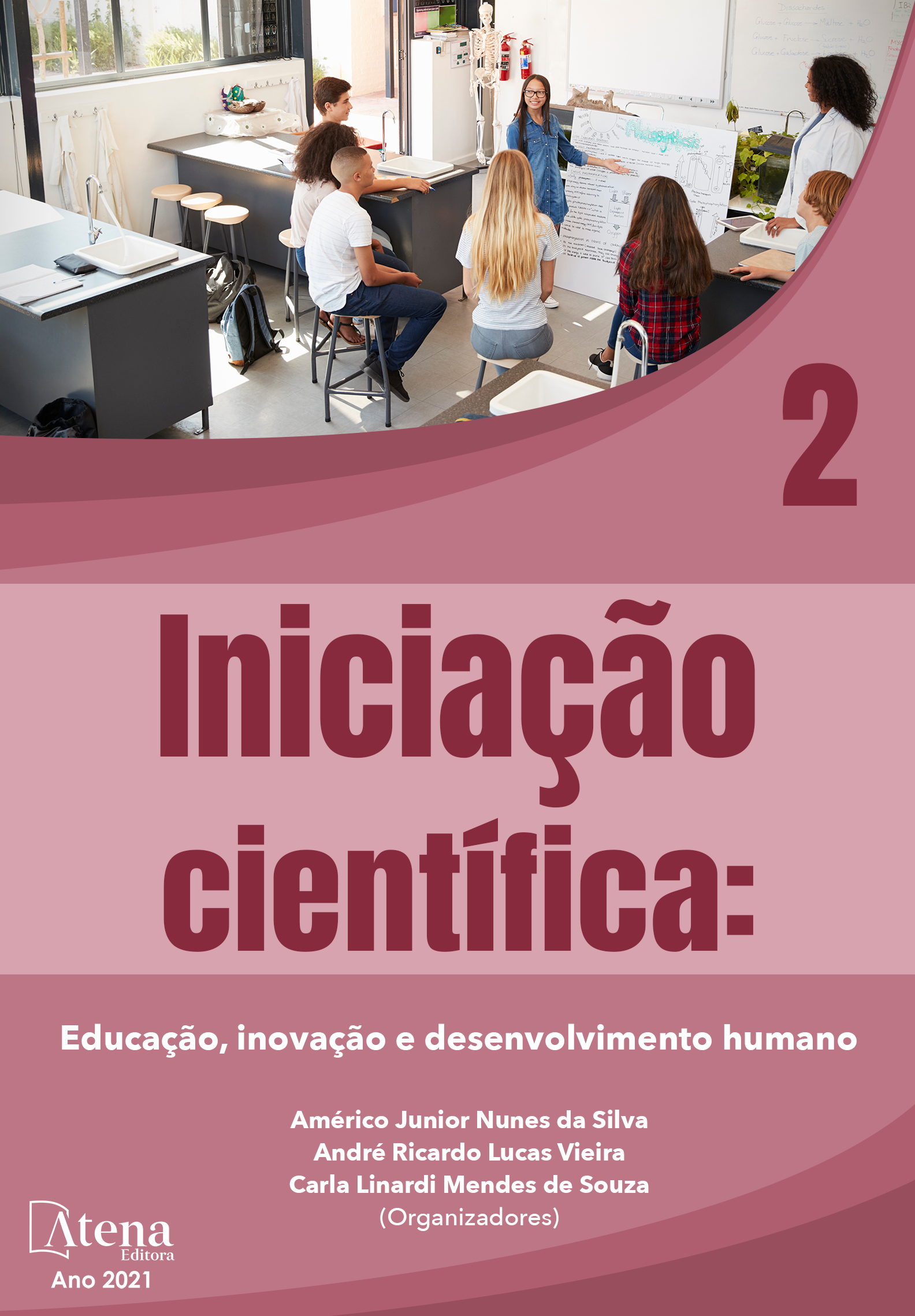
FAISCA - Feira Agroecológica de Inclusão Social, Cultura e Artes
O presente artigo busca enunciar o trabalho de incubação universitária qual culminaria na realização de uma feira agroecológica que, primeiramente, se destinaria a atender os empreendimentos assessorados pela IEES/CAU/UEM, Incubadora de Empreendimentos Econômicos Solidários da Universidade Estadual de Maringá, localizada no campus avançado de Umuarama, Paraná. Não obstante tendo assegurado seu objetivo, a FAISCA – Feira Agroecológica de Inclusão Social, Cultura e Artes, além de atender a demanda de escoamento da importante produção agroecológica de assentados da reforma agrária, de pequenos agricultores da agricultura familiar da região e do artesanato sustentável de entidades assistenciais públicas e privadas do município, também acabaria por se notabilizar no contexto regional ao oferecer um espaço público acessível de visibilidade a movimentos sociais e culturais. Tal dinâmica de inclusão criativa e produtiva suplantaria o trabalho incubatório ao estabelecer uma plataforma extensionista de permanente apresentação de seguimentos artísticos locais permeados por potencialidades acadêmicas e solidárias antes invisíveis à comunidade e ao próprio processo de incubação.
FAISCA - Feira Agroecológica de Inclusão Social, Cultura e Artes
-
DOI: 10.22533/at.ed.37221300816
-
Palavras-chave: trabalho, incubação, feira agroecológica, inclusão, cultura
-
Keywords: work, incubation, agroecological fair, inclusion, culture
-
Abstract:
This article seeks to enunciate the work of university incubation that would culminate in the realization of an agroecological fair that, at first, would serve the enterprises advised by IEES/CAU/UEM, Incubator of Solidarity Economic Enterprises of the State University of Maringá, located on the advanced campus of Umuarama, Paraná. Despite having secured its objective, FAISCA – Agroecological Fair for Social Inclusion, Culture and Arts, in addition to meeting the demand for the flow of the important agroecological production of agrarian reform settlements, small producers of family farming in the region, and the sustainable handicrafts of public and private assistance entities of municipality, would also be noted in the regional context by offering a public space accessible to visibility for social and cultural movements. Such a dynamic of creative and productive inclusion, would supplant the incubation work by establishing an extensionist platform for the permanent presentation of local artistic segments, permeated by academic and solidarity potentialities previously invisible to the community and to the incubation process itself.
-
Número de páginas: 12
- Max Emerson Rickly
- Ronaldo José Moreira
- Claudia Dias Rezende
- Thiago Casoni
- Alessandro Faria Araújo


